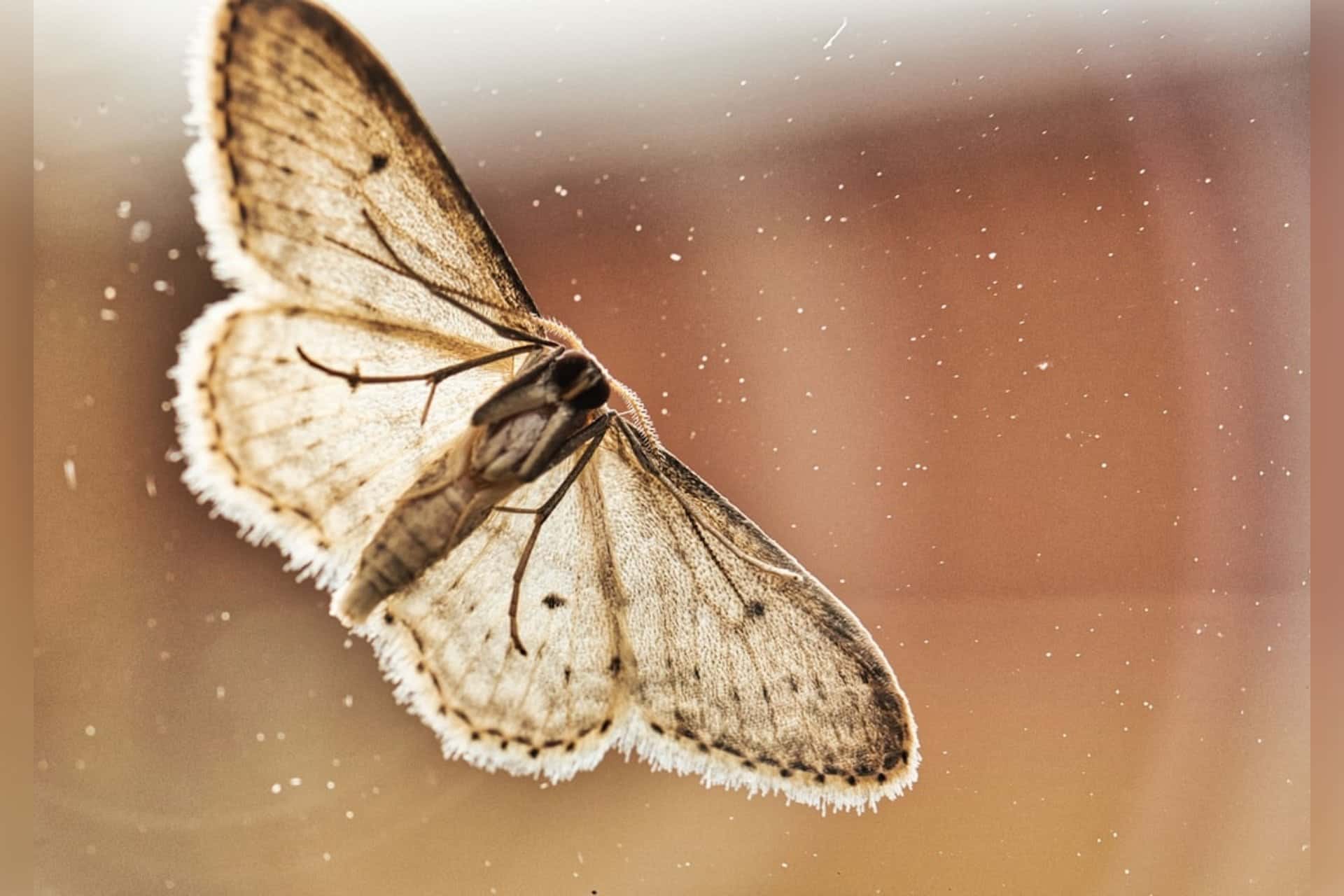BUCKHANNON — The West Virginia Department of Agriculture (WVDA) is calling on landowners to enroll in the Cooperative State-County-Landowner (CSCL) Lymantria dispar Suppression Program. This initiative aims to protect forested land from the invasive spongy moth, with the registration window open from July 1 to August 31, 2024.
“West Virginia’s forests are one of our state’s most important resources. From tourism to our timber industry, our forests are an important economic driver,” said Commissioner of Agriculture Kent Leonhardt.
The WVDA will start accepting egg mass survey applications for the Lymantria dispar program from landowners across the state on July 1. Application forms and brochures can be accessed on the WVDA’s website or picked up at local WVU Extension offices and WVDA field offices. A non-refundable survey deposit of $5 per acre, with a maximum of $2,000, must accompany the application. This deposit will be credited towards the cost of treatment if the landowner qualifies.
Homeowners associations (HOA) need to submit a comprehensive list of all property owners, indicating those opting in or out of the treatment. The submitted map must reflect this information, and the WVDA will decide if non-participating properties can be excluded without affecting the treatment area. Non-participating lots will be buffered with an additional 150 feet outside their boundaries. HOA coordinators should engage property owners about treatment materials, as the entire area needs treatment with either BTK or Mimic.
“The Lymantria dispar (recently known as gypsy moth) is a non-native, invasive insect that feeds on hundreds of species of trees and shrubs, including West Virginia hardwoods,” said WVDA Plant Industries Assistant Director Butch Sayers. “Defoliation by Lymantria dispar caterpillars can weaken trees, making them more susceptible to other pests and diseases. This treatment program helps safeguard our forests from further damage.”
To join the program, a minimum of 50 contiguous acres of wooded land is required. Neighboring landowners can combine their properties to meet this requirement. After submissions and deposits are received, a forest health protection specialist will evaluate the property for Lymantria dispar infestation adherence to the program’s standards. Eligible landowners must sign a contract with the WVDA by early December 2024 to finalize participation.
For more details, contact WVDA Assistant Director Quentin “Butch” Sayers at qsayers@wvda.us or WVDA Lymantria dispar Program Coordinator G. Scott Hoffman at ghoffman@wvda.us.


















